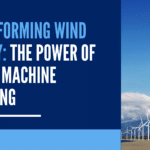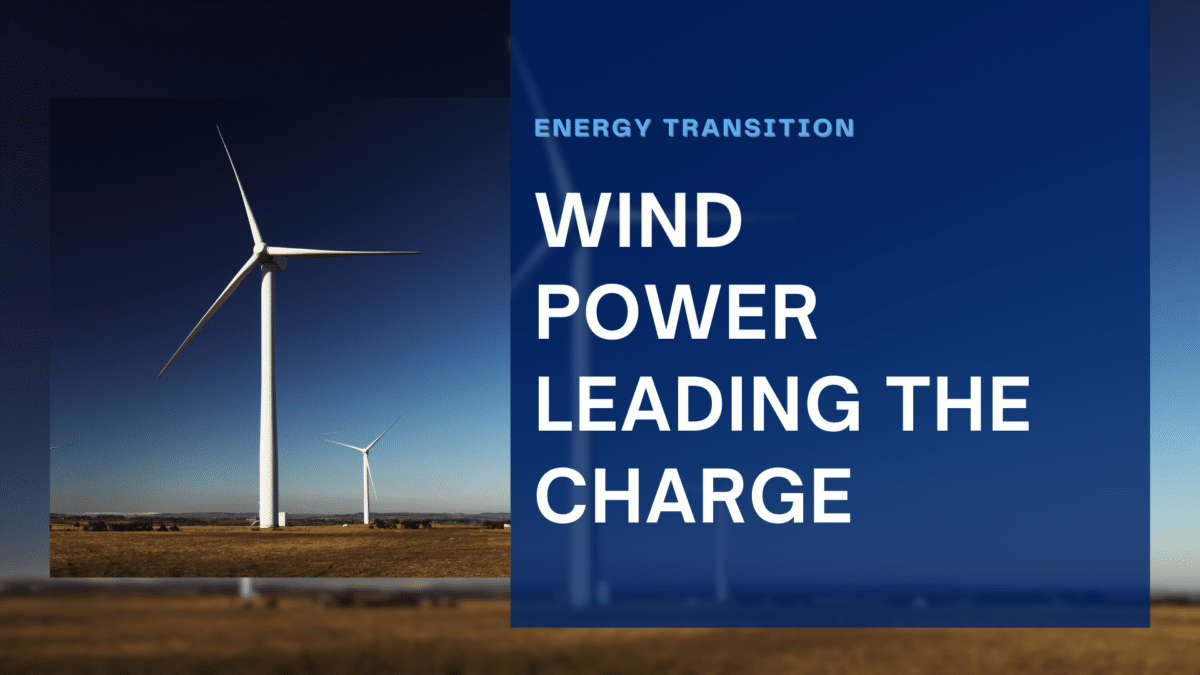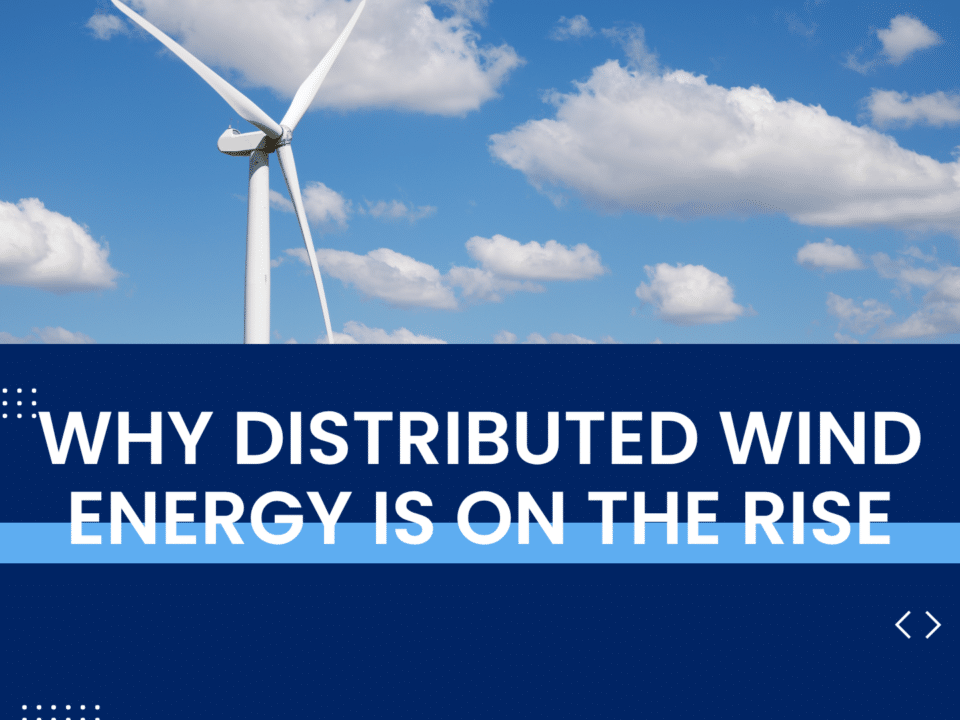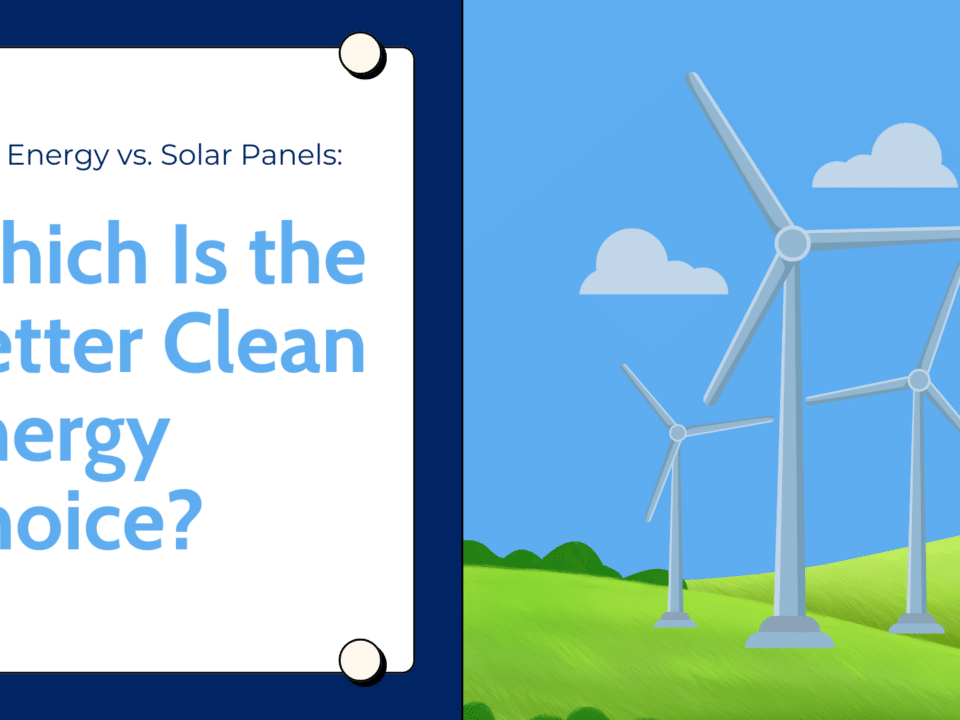
The Role of AI and Machine Learning in Revolutionizing Wind Energy
December 11, 2024
Safety First! Focus on Wind Farm Safety
February 1, 2025As the world faces the pressing challenges of climate change and growing energy demands, the global energy transition transforms how we power our lives. This shift—from fossil fuels to renewable energy sources—aims to create a cleaner, more sustainable future. At the forefront of this effort is wind power, a renewable energy source that reduces greenhouse gas emissions, enhances energy security, and fosters economic growth.
This article explores why the energy transition matters, the role of wind power, and its benefits for the environment, economy, and society.
Why the Energy Transition Matters
Fossil fuels like coal and oil have been the backbone of energy production for decades. However, their use comes at a cost—large-scale carbon dioxide (CO₂) emissions contributing to global warming, rising sea levels, and extreme weather. To combat these impacts, the energy transition focuses on renewable energy sources such as wind, solar, and hydropower. These technologies produce electricity without the harmful byproducts of fossil fuel combustion.
Wind power, in particular, is a cornerstone of the renewable energy movement. As a clean and sustainable resource, it plays a key role in reducing dependence on polluting energy systems and building a more resilient future.

The Role of Wind Power in the Energy Transition

Reducing Greenhouse Gas Emissions
Wind power is a leader in decarbonizing the energy sector:
- Mitigating Climate Change: Wind turbines generate electricity without burning fuel, producing no CO₂ during operation. This aligns with global goals like the United Nations’ aim to limit temperature increases to 1.5°C.
- Replacing Fossil Fuels: By substituting coal and gas power plants, wind farms significantly cut emissions, making electricity production cleaner and greener.
Enhancing Energy Security
A reliable energy supply is essential for stability and growth. Wind power strengthens energy security by:
- Reducing Dependency: Countries with domestic wind farms rely less on imported fuels, boosting energy independence.
- Diversifying Supply: Including wind in the energy mix creates a resilient system less affected by price volatility or geopolitical disruptions.


Driving Economic Growth
Investments in wind energy spark economic opportunities:
- Job Creation: The wind industry creates thousands of jobs in turbine manufacturing, installation, maintenance, and operation.
- Community Development: Revenue from wind projects often supports local infrastructure, schools, and public services, benefiting communities near wind farms.
Environmental and Social Benefits
Beyond producing clean energy, wind power has significant environmental and social advantages:
- Conserving Resources: Unlike fossil fuel plants, wind turbines require no water for cooling, preserving precious freshwater supplies.
- Improving Public Health: By reducing air pollution, wind power minimizes respiratory illnesses and improves quality of life, especially in urban areas.

Wind Power in Action
The global shift toward renewable energy is backed by organizations like the United Nations, which emphasizes the urgent need to expand wind capacity. This effort aims to make clean energy accessible to all while tackling climate challenges head-on. According to the UN, scaling up wind energy is essential for achieving sustainable development goals and ensuring a just energy transition.
The Path Forward
Wind power is more than a clean energy solution—it’s a driving force in the global energy transition. By cutting emissions, enhancing energy independence, and creating economic opportunities, it addresses environmental, economic, and social challenges simultaneously.
As the transition gains momentum, wind power will remain a cornerstone of global efforts to create a sustainable, resilient energy system. Harnessing its potential is not just an environmental necessity but also an opportunity to build a brighter, cleaner future for generations to come.
To learn more about renewable energy and global strategies, explore the United Nations’ resources on renewable energy.




